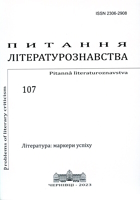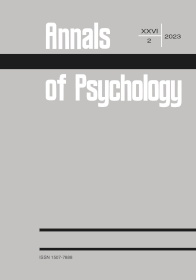
Destinies of the State and its Writers in History. Dimensions of Their Tragedy and Success in Lithuanian Literature
Destinies of the State and its Writers in History. Dimensions of Their Tragedy and Success in Lithuanian Literature
Keywords: literature; history; writers’ destiny; statehood; terror state; dimensions of national Self;
The destiny of Lithuanian writers and the state carry intertwined meanings opening their dimensions to a painfully relevant aspect of history. Several compelling fate-fracturing cases emerged when the writer became an anti-hero or even a martyr in history as if being “swallowed by darkness” or possessed by forces hostile to the state. The signs of the literary success sinking into darkness marked the destinies of some Lithuanian writers like Salomėja Nėris (1904–1945), Petras Cvirka (1909–1947), and Kostas Kubilinskas (1923–1962), showing the decisive factor in the dramaturgy of the intersection between the state and the writer. It can be vice versa when the process of writing breaks into the light of historical openness, illuminating and changing the paradigm of literary processes with its fateful rise out of the depths of loss and the darkness of the grave. The fate of doctor Dalia Grinkevičiūtė (1927–1987) in exile can be such a particular case. The literary unfolding and flourishing in the media of Kristina Sabaliauskaitė (*1974) represents the culmination of the contemporary Lithuanian writers’ success on the international level in creative works about statehood. Her books, “Silva rerum” and “Petro Imperatorė” [Peter’s Empress], with their unique expression of the modernisation of the past times, play the role of the renewal of the genesis of the state and the citizen in the present day leading to the dynamics of forgotten statehood. It has a crucial significance for the aesthetic dimension of the writer’s style, its passion for baroque, and the revival of statehood as a yearning for history.
More...

